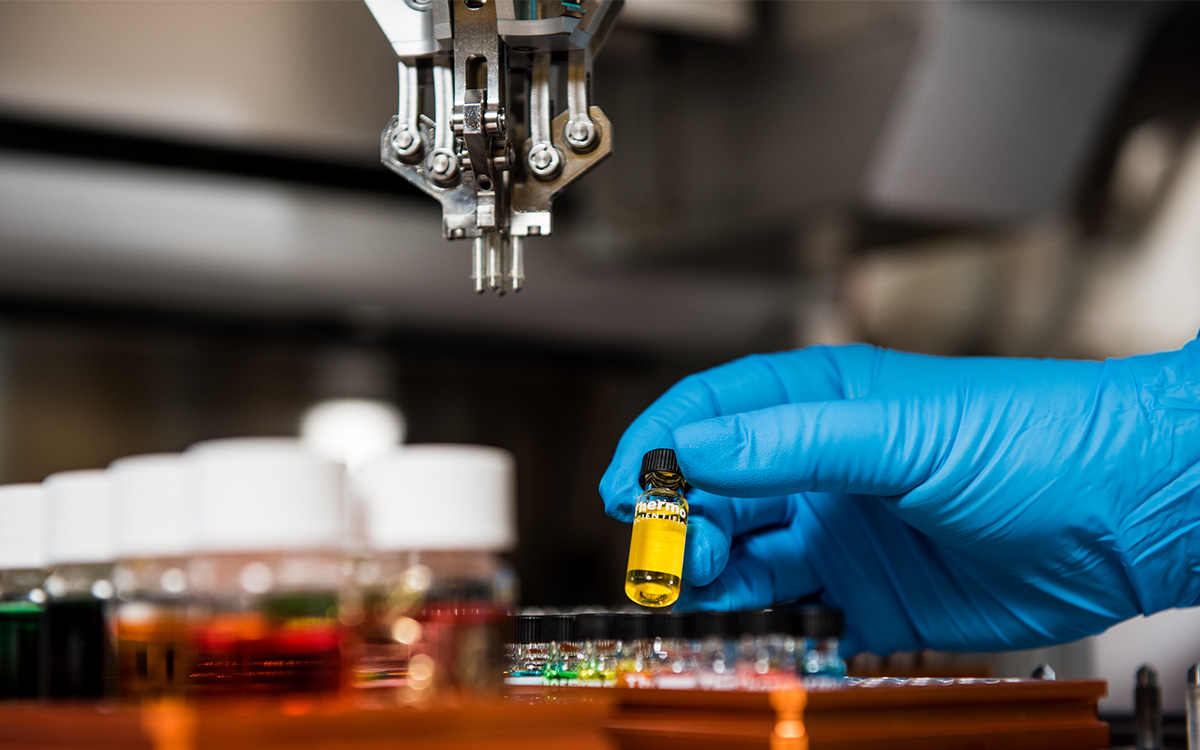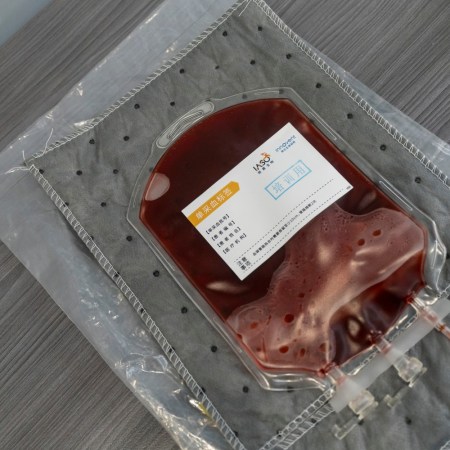In the last decade, DNA testing kits became a near-$10 billion business, as personal genomics companies monetized our desire to obtain information about the past. In the next decade, similar companies will look to capitalize on our desire to learn about the future.
Researchers have been intently studying epigenetic markers — chemical chains attached to the DNA, which vary by person, based on lifestyle habits and exposure to pollutants — and recently discovered that such patterns can belie one’s true “biological age.” By assessing for aging and disease, science can essentially predicting personal life-spans, in real time.
The process does spit out a number (one of the first scientists on the case, a biostatistician named Steve Horvath, deduced that he was really “48.9,” at 51-years-old) but the main idea is to offer a ballpark understanding of one’s health, relative to what’s expected at a given age. So, “50 is the new 40” doesn’t just have to be an expression; in the case of those who regularly exercise, don’t smoke, get good sleep and eat well, it’s a reality. Your worldly choices are literally inscribed in your dynamic genetic activity, and it signals whether you’re likely to be kicking it with great-grandchildren, or fighting heart disease in your 60’s.
The most groundbreaking lab in this field is called GrimAge for the Grim Reaper, and it’s run by Horvath, by other, private researchers have gotten involved as of late, and even offer kits (which ask for urine, blood or saliva samples) to tell you your biological age. One such kit is called Index, and is sold by a company called Elysium Health. It’ll be available this January. Another, called DNAge, is already available for purchase.
The price ranges from $300-500 … which is a lot. You could fly to Europe with that money. But seeing that number, good or bad, could be either an affirmation of hard work and smart lifestyle decisions, or a necessary kick in the pants to start making them. Just, be wary and keep your expectations low for now. This is new science, and the results of these tests (which aren’t approved by the FDA, mind you) should be taken with a grain of salt, for now.
Subscribe here for our free daily newsletter.
Thanks for reading InsideHook. Sign up for our daily newsletter and be in the know.


















